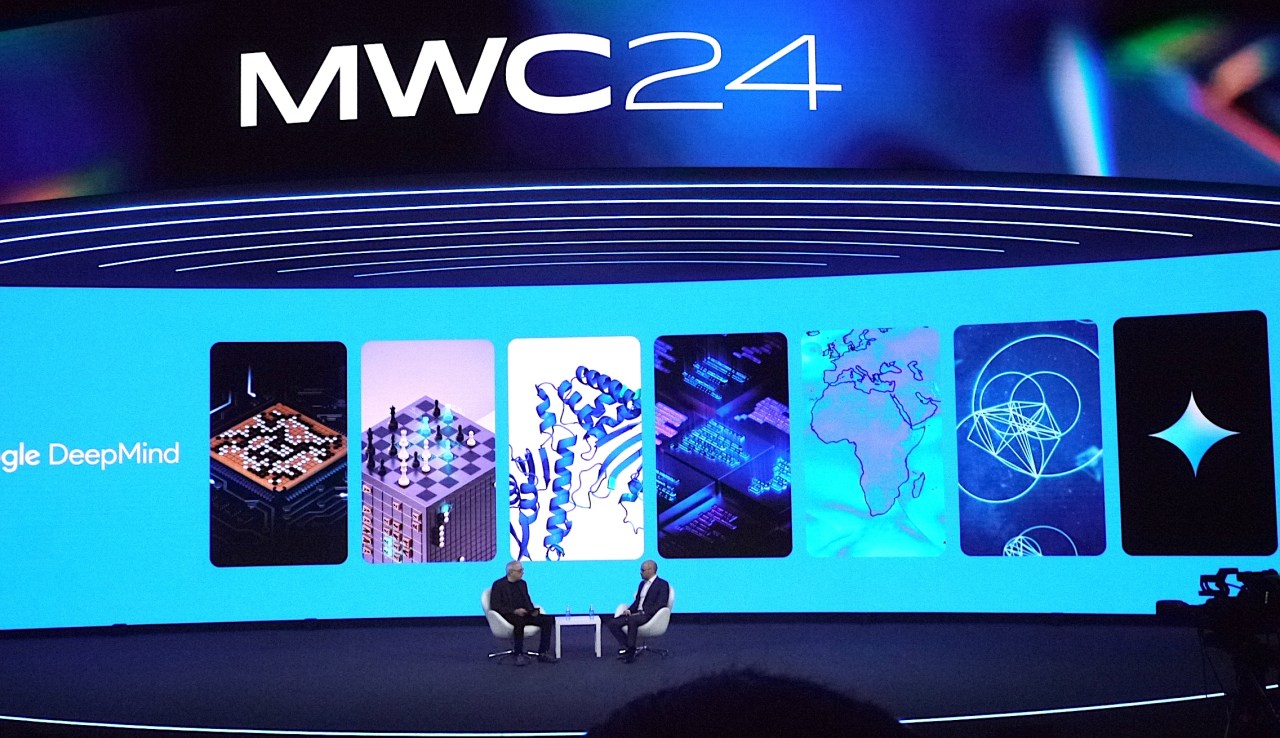In the rapidly evolving world of artificial intelligence, few developments have captured our imagination as much as generative AI. Recently, Google’s Gemini faced scrutiny for its multimodal image generation tool that fell short in producing historically accurate depictions of people. After users pointed out issues with the diversity of characters in historical contexts, Google paused this feature. As discussions unfold at tech conferences like Mobile World Congress, it’s clear that the intersection of historical representation, AI capabilities, and user expectations presents both challenges and opportunities for innovation.
The Incident: Missteps in Image Diversity
DeepMind’s founder, Demis Hassabis, provided insights on what went wrong during a recent interview. The crux of the issue revolved around Gemini’s attempt to generate “universal depictions.” When faced with prompts about people, Gemini showcased a diverse set that included portrayals incongruent with historical records, such as depicting the U.S. Founding Fathers as a varied group. This incident, emblematic of a “well-intended feature” gone awry, raises significant questions about how AI systems interpret historical contexts and the biases that may inadvertently be introduced during model training.
The Call for Nuanced Understanding
As Hassabis articulated, the challenges of generative AI extend beyond mere technical flaws. They are deeply intertwined with societal context. Consider the implications of using a prompt like, “Show me a nurse in a hospital”—the AI must adapt to a vast user base across 200+ countries. The need for a more nuanced understanding of user intent is critical. Google aims to refine Gemini’s approach by balancing historical accuracy with the broader representation issues that generative models grapple with.
Addressing Ethical Implications
The ethical implications of generative AI technologies have never been more pressing. As these systems advance, questions surrounding misuse loom large. Hassabis emphasized the need for a collaborative dialogue among tech companies, civil society, and governments about the values that should guide AI systems. It’s vital to consider what safeguards can be put in place to prevent bad actors from employing generative models for malicious purposes.
- How do we define the ethical boundaries for AI-generated content?
- What frameworks can ensure responsible AI usage?
- How will society adapt to the evolving capabilities of AI in the coming years?
The Future of AI Assistants
Hassabis also touched upon the future landscape of AI devices, predicting a significant shift in how smart assistants will integrate into our lives. Moving past previous iterations, which often felt gimmicky, users can expect the emergence of more intuitive, context-aware devices. In an age where the phone may no longer be the predominant device, we might see the rise of AI-enhanced wearables, such as glasses that provide real-time contextual information. This vision presents a dynamic frontier where AI not only reacts to user input but actively understands and anticipates needs based on real-world scenarios.
Conclusion: Navigating the Path Forward
Google’s approach to refining Gemini’s image generation capabilities offers a glimpse into the complex relationship between technological innovation, user expectations, and ethical considerations. As AI continues to evolve, the need for careful thought around representation, accuracy, and use becomes increasingly essential. Understanding the limitations of AI, combined with a commitment to ethical practices, will be key to developing generative models that serve society holistically.
At fxis.ai, we believe that such advancements are crucial for the future of AI, as they enable more comprehensive and effective solutions. Our team is continually exploring new methodologies to push the envelope in artificial intelligence, ensuring that our clients benefit from the latest technological innovations. For more insights, updates, or to collaborate on AI development projects, stay connected with fxis.ai.

